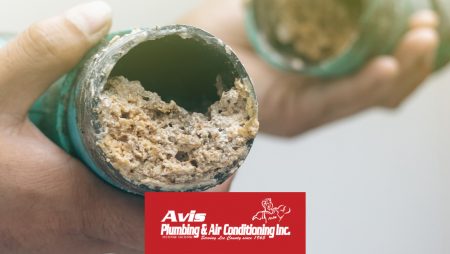Do you know what temperature your water heater is set to? If not, you should — especially if you have children in your home.
In fact, AntiScald.com claims that scald burns are the leading cause of burn-related injuries among children. Did you know that almost 65% of children under the age of four who are hospitalized for burn injuries are treated for scalding? It’s true, and hot tap water accounts for a significant portion of these hospital visits.
Needless to say, the temperature of your water heater can be a serious safety hazard and it is something that’s often overlooked by homeowners. And while it may be tempting to adjust the water heater temperatures to higher levels during the winter time, it is not advisable for safety and economic reasons.
According to the U.S. Department of Energy, the recommended temperature setting for water heaters is 120 degrees Fahrenheit. Surprisingly, many homes are way above this figure, with some people turning their hot water heaters past 140 degrees – something that can be extremely dangerous. At 140 degrees, it takes five seconds for water to burn skin and at 160 degrees, it only takes one-half second. Additionally, keep in mind that even at 120 degrees, scalding can still occur with prolonged exposure, particularly in those who have sensitive skin, such as children and the elderly.
In addition to the safety benefits, there are also energy savings that come as a result of lowering your home’s water heater temperature. Heating water to higher temperatures requires more energy, which ultimately reflects on your electric bill each month.
According to Florida Power & Light (FPL), reducing an average size home’s water heater temperature can cut approximately $1 off of a monthly bill for every 10 degrees it is lowered. This is not much, but it certainly does add up over time.
If you have any questions related to water heater temperatures or water heaters in general, feel free to contact Avis Plumbing at (239) 542-4421 and our knowledgeable staff will be happy to assist you.






No Comment
You can post first response comment.